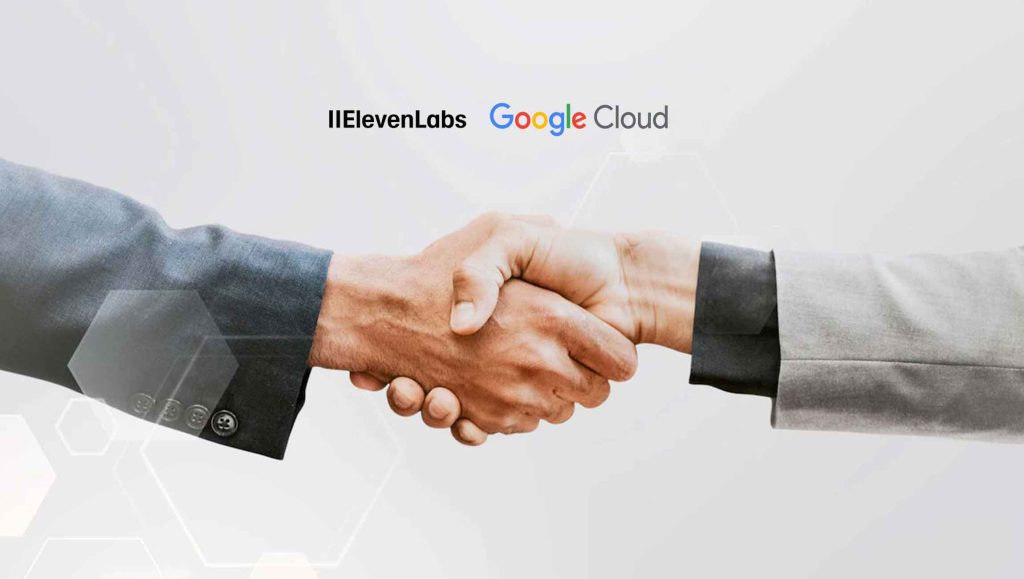Tell us about your journey into the tech industry.
I started on the investment side. My friend founded a VC firm and needed someone to help him. Despite having little experience in finance, I used my analytics and tech background to figure things out — especially during the seed and early-stage investment cycles. During my time at the firm, we had several interesting deals — one of which that still has a special place in my heart is DealAngel. I spent a lot of time working with the founders on the product and marketing, and eventually, it was acquired by Onetwotrip.com.
After working in an environment surrounded by successful founders, I decided it was time to build something myself. My childhood dream was to design and develop computer games, so I knew my company had to be in the gaming space. We built a lot of interesting stuff for industry giants such as Wargaming and EA, were published in an award-winning game, MMORPG, and made some money. But eventually, I concluded that it’s not going to be a billion-dollar business.
At that point, my friends at VC firm, Target Global, organized the fund to invest in other companies and needed a new partner. We invested in many high-growth, late-stage companies across Europe and the U.S., with my personal favorite being a company called Lyft. As a firm, we narrowed our focus mostly on consumer internet marketplaces, but by the end of 2015, the whole space felt too pricey, with overly inflated valuations.
At the same time, I noticed SaaS companies — such as SEMrush — had conservative multiples. I had used SEMrush’s product for many years and was a big fan. I’ve met founders, looked through company metrics and instantly fell in love. It was like nothing like I’ve seen before. The only problem — they didn’t need VC money. After a few conversations we all agreed that if I want to be a part of this story, I should just join the company. So far, it’s the most exciting ride I’ve ever had.
Recommended: SalesTech Interview With Adam Mergist, Chief Sales Officer At Clearlink
What inspired you to join SEMrush?
When you look at a company from an investor perspective, there are certain characteristics you look for:
- The opportunity to serve large, diverse markets.
- A truly awesome product
- Proven scale and adaptability
- Good economics and metrics
- Strong, charismatic founders
- Great culture
- Happy customers
SEMrush checks all boxes. I’m obviously biased, but I believe that we are a stand-out company in these areas.
What has SEMrush been working on recently?
Almost everything — every product within our platform had some updates in 2018. But specifically, I’m very proud of the improvements that we made in our Content Marketing Toolkit and Traffic Analytics tool. Our Traffic Analytics tool updates include adding mobile traffic data, mobile vs. desktop traffic comparisons and traffic geographic distribution breakdowns.
Unfortunately, I can’t talk about any exciting upcoming things, but you’ll hear about them soon.
What are the core tenets of your partnership with Yext?
As a company, our goal is to help people manage their online visibility. And if you have an offline business, then listing management is a significant part of it. Our biggest aim is to help our customers. We have over 250 people in our product department, and usually, build everything ourselves instead of partnering with other companies. But Yext has a great API solution and exceptional team, which allowed us to build something that looks and feels native to SEMrush, but with the power of the Yext knowledge engine.
How would SEMrush customers benefit from the Yext Knowledge Engine? What impact would it have on their N.A.P.?
It’s a very straightforward product that lets users push their N.A.P and other data to all relevant directories, instantly updating information and suppressing duplicates. But that’s just the first step. Once the N.A.P is correct, you should start working on your reviews — something we’re implementing new features in currently.
How do you see online directories for Sales and Marketing evolving with the Yext-SEMrush partnership?
For small businesses, maps and directories are a must have, but they’re not enough alone. You’re still responsible for marketing, optimizing your website and managing your online reputation. But those tasks are much harder if you’re not present in core directories.
Let’s say you have a hot dog stand. Your Yelp page probably won’t generate too many customers, but if you don’t have one and people can’t check reviews, they won’t buy from you — even if they’re standing right in front of your stand.
In another scenario, you may have existing customers who can’t check your business hours online. And this customer walks one mile, only to discover that you are closed. Now you have a frustrated customer, which is probably worse than not having a customer in the first place.
To summarize, online business listings are a good business practice, although not a guarantee of success.
Also Read: SalesTech Interview With Brian Howe, Alliances Director at Skynamo
What impact does SEMrush Local Management have on online sales and revenue?
It really depends on your type of business and other marketing channels. It’s hard to attribute transactions when they happen offline, even if customers discovered products online. But we see how people interact with business listings and how often they click on a phone number. Calls are also trackable to a certain level.
I won’t tell customers that with this solution, there will be 10x more demand. Instead, I can say that whatever demand they already have, with the right presence in maps and directories, coupled with a solid online reputation, will boost conversion rates.
How do you leverage AI/ML and intelligent assistants at SEMrush to improve your productivity?
We use a lot of AI/ML such as Traffic Analytics, Keyword Magic and Brand Monitoring.
In terms of internal tools and productivity improvement, a lot of our BI is powered by AI/ML. We use it in Marketing Attribution, Revenue Forecasting, Lead Scoring, Churn Prevention, Anomaly Detection and more. We use certain AI/ML vendors for Marketing Automation.
We are big believers in people; we don’t see machines replacing humans. Instead, we expect AI to remove routine from people’s lives, allow us to focus on important things and unleash our creativity. Historically, with every new AI implementation, we hire more people, not less.
Recommended: Sales Call Analytics Is The Difference Between Winning And Losing Customers
From the industry, which other sales leader would you like to see featured in this interview section?
Without providing any names, I like what HubSpot is doing. I think they have a lot of interesting insights to share.
Thank You Eugene, for answering all our questions. We hope to see you again!
SEMrush is a SaaS product used by over 3,000,000 marketers worldwide.
For the past nine years, SEMrush has grown into an all-in-one marketing suite consisting of more than 33 tools and reports that help companies market better online. On top of being one of the best keyword research tools worldwide, SEMrush now helps users fix technical website issues, improve the health of their backlink profile, and track local rankings on both mobile and desktop. Marketers can easily spot opportunities they are missing compared to their rivals and get ideas for their SEO, PPC and content marketing campaigns.
Eugene Levin is Chief Strategy and Corporate Development Officer at SEMrush. He was previously Investment Director at Target Global.




















